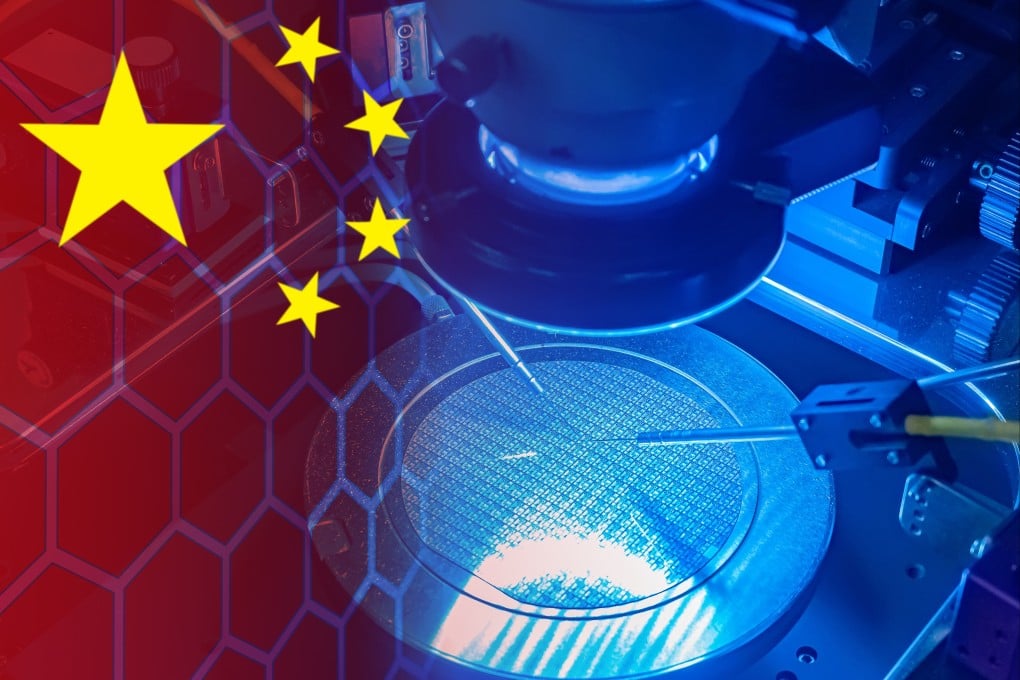My Take | China’s preparation for a tech decoupling needs to go beyond immediate choke points
- China needs to encourage new ideas and innovation if it is to chart a long term path through tech decoupling
- Tech decoupling risks will come in many forms, including no access to supplies of critical components and an end to Wall Street funding

A key part of Beijing’s strategy to deal with technology rivalry is to identify and fix the country’s choke points, namely critical components or technologies where China does not have a grip on the supply chain.
A global tech decoupling will lead to long-term rivalry between two competing systems, not minor skirmishes over a few specific projects. If China is to have a chance in this long-term battle, it must allow new ideas and innovation to flourish so that it can gain an edge and make a change.
The US Congress and the White House are working hand in hand to target China when it comes to the battle over strategic technologies. As such, there is a growing awareness in Beijing that a tech decoupling will involve much more than the current flow of targeted sanctions and trade blacklists.
